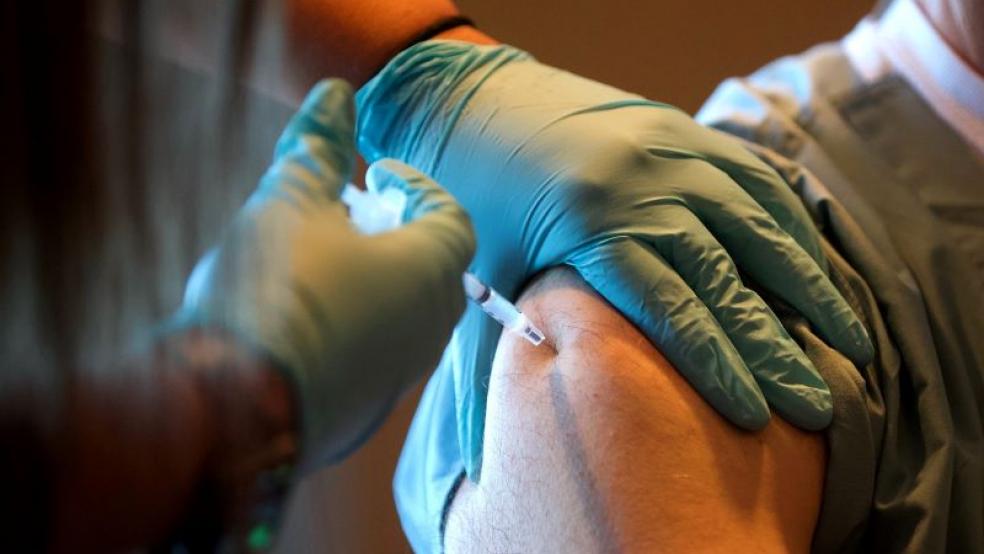The Biden administration on Wednesday extended the Covid-19 public health emergency that had been due to expire on April 16. The 90-day extension, announced by the Department of Health and Human Services (HHS), will allow millions of Americans covered by government health insurance programs or private insurers to continue getting free tests, treatments and vaccines.
HHS Secretary Xavier Becerra has said that he will provide at least 60 days’ notice before ending the emergency that was first declared in January 2020. The declaration has since been renewed eight times, though some public health experts have said that this could be the final extension as the nation transitions to treating the virus as endemic. Republicans have called on the Biden administration to end what many in the GOP have criticized as “a permanent state of emergency.”
“The emergency,” Roll Call’s Ariel Cohen explains, “has made it easier for 13 million to 16 million more Americans to access health insurance coverage under Medicaid and the Children's Health Insurance Program, expands access to telehealth services, makes it easier to sign up for health insurance, and allows agencies to fast-track authorization for COVID-19 treatments, tests and vaccines at the Food and Drug Administration, among other flexibilities.”
Separately, the Centers for Disease Control and Prevention said Wednesday that masks will still be required on commercial flights and other public transportation until at least May 3. The agency said it was extending the mandate while it “assesses the potential impact of the rise of cases on severe disease, including hospitalizations and deaths, and healthcare system capacity.”
Why it matters: The official end of the public health emergency, whenever it comes, may be a welcome signal that life is returning to normal, but it will also put millions of Americans at risk of losing their health insurance because states will no longer be prohibited from removing people from their Medicaid rolls.
Americans with insurance will also be subject to increased costs. "We've all had access to coverage and we've been able to tap into the availability of Covid-19 testing, treatments, and vaccines, largely at no cost during the public health emergency, but not all of these items will continue to be free when the public health emergency ends," Dr. Juliette Cubanski, deputy director of the Kaiser Family Foundation's Medicare policy program, told Reuters.
Uninsured Americans already face being charged for Covid testing — reportedly $100 or more in some cases — and could find it harder to find free vaccines now that a separate pool of funding for some emergency pandemic programs has run out. The bipartisan $10 billion pandemic funding package negotiated recently in the Senate does not include $1.5 billion requested by the White House to cover testing and treatment for the uninsured.





